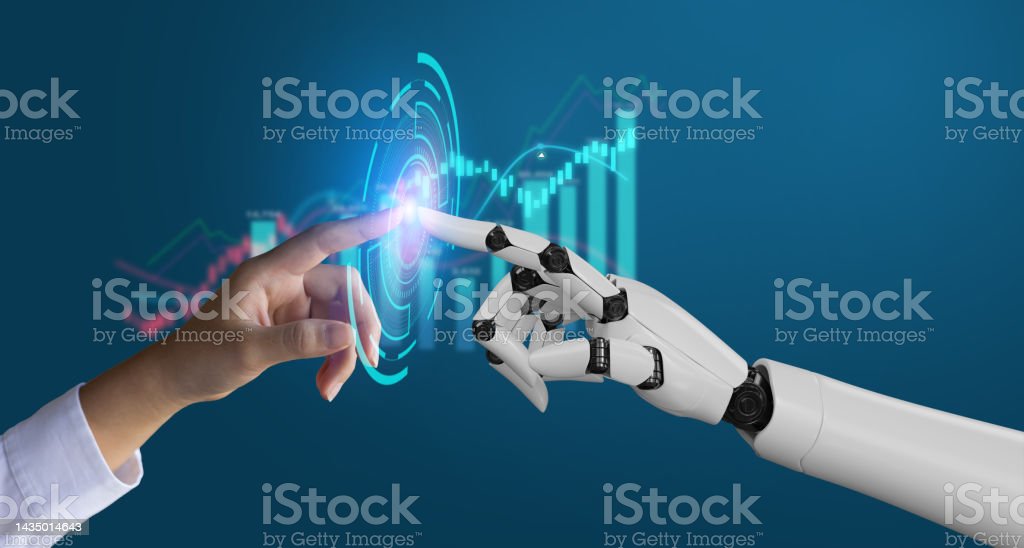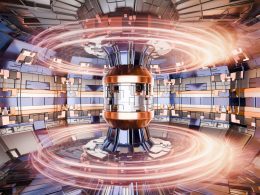
Artificial intelligence (AI) is a technology that has been around for decades, but has recently seen a significant resurgence in popularity. From facial recognition to robotics, AI is being used in ways never imagined before. Its applications are seemingly endless and it’s becoming increasingly important in our daily lives. In this blog post, we will explore the concept of artificial intelligence and its role in today’s world. We’ll discuss how AI is impacting various industries and why it’s so important to stay ahead of the curve when it comes to AI technology. By the time you finish reading this article, you should have a better understanding of AI and its potential role both now and in the future.
The different types of AI
There are three main types of AI: rule-based, learning-based, and self-adaptive.
Rule-based AI systems follow a set of rules that have been defined by humans. These rules determine how the AI system should respond to certain inputs. Learning-based AI systems learn from data that has been provided by humans. They use this data to identify patterns and build models that can be used to make predictions. Self-adaptive AI systems are able to adapt their behavior in response to changes in their environment.
What are the benefits of AI?
Artificial intelligence (AI) has been around for centuries, but it is only recently that it has begun to revolutionize the way we live and work. Here are just a few of the many ways AI is benefiting humanity:
- Health and medicine: AI is helping doctors diagnose diseases faster and more accurately, and develop personalized treatments for patients.
- Education: AI is being used to create individualized learning experiences for students and help teachers tailor their instruction to each child’s needs.
- Business: AI is being used by businesses to automate tasks, improve customer service, and make better decisions.
- Transportation: AI is making our transportation systems safer and more efficient, from self-driving cars to automated air traffic control.
5.Environment: AI is being used to monitor and protect the environment, from detecting pollution to predicting weather patterns
What are the disadvantages of AI?
When it comes to disadvantages of AI, there are quite a few. One of the primary disadvantages is the potential for AI to be used for nefarious purposes, such as in the development of autonomous weapons. Additionally, AI can be used to create powerful tools for mass surveillance and control, which could lead to abuses of power by governments and other institutions. There is also the risk that artificial intelligence could become uncontrollable and self-aware, leading to disastrous consequences. Finally, the development of AI could exacerbate economic inequality, as those with access to AI technology will have a significant advantage over those without.
How is AI being used today?
Artificial intelligence (AI) is being used in a number of ways today. One way is through the use of virtual assistants. Virtual assistants are computer programs that can mimic human conversation. They are commonly used to perform tasks such as scheduling appointments, booking travel, and ordering goods and services.
Another way AI is being used today is through the use of chatbots. Chatbots are computer programs that can engage in conversations with humans. They are commonly used to provide customer support or to sell products and services.
AI is also being used to create digital content. For example, automated writing software is now available that can generate articles on a given topic. This type of software uses AI to understand the topic and then writes an article using information from sources on the internet.
Finally, AI is being used to help humans make better decisions. For example, there are now AI-powered financial advisers that can provide recommendations on investments based on your goals and risk tolerance.
What is the future of AI?
There is no doubt that artificial intelligence (AI) is rapidly evolving and growing more sophisticated every day. But what does the future hold for this technology?
Some experts believe that AI will eventually surpass human intelligence, leading to a future in which machines can learn, think and innovate on their own. This could result in major changes to our society, economy and even our species as a whole.
Others are less optimistic about the future of AI, warning that it could be used to control and manipulate people instead of help them. As such, it is important to ensure that AI is developed responsibly and with ethical considerations in mind.
Whatever the future holds for AI, one thing is clear: it is likely to have a profound impact on our lives in the years to come.
Conclusion
Artificial intelligence has brought with it a new era of technology and innovation. AI has been used to revolutionize the way we do business, from automating mundane tasks to creating smarter algorithms that can analyze data faster and more accurately than traditional methods. Going forward, AI will continue to play an important role in our lives, providing us with unprecedented access to information and helping us make informed decisions faster than ever before. With the right direction and guidance, this technology can be leveraged for the betterment of mankind on a global scale.












